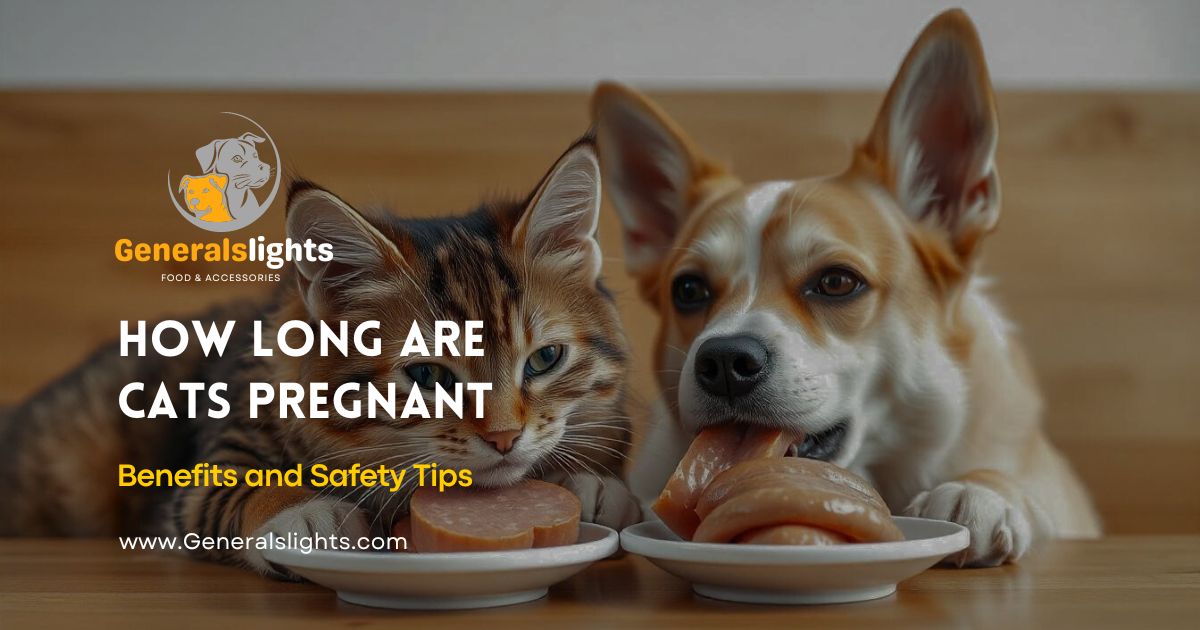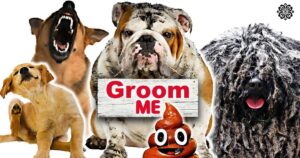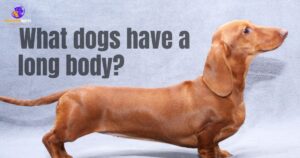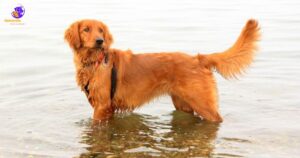Have you ever caught your furry friend giving you those puppy eyes while you’re enjoying a tasty Vienna sausage? As a pet owner, it’s natural to wonder if sharing your snack with your canine companions or feline friends is okay. But before you toss that tempting morsel to your pet, let’s dive into the world of Vienna sausages and their effects on our beloved cats and dogs.
The short answer is no, Can Cats and Dogs Eat Vienna Sausages. While they might seem like a harmless treat, these tiny tubes of processed meat can pose several health risks to both cats and dogs. In this comprehensive guide, we’ll explore why these popular snacks aren’t suitable for your furry pals and what alternatives you can offer instead.
Why Can’t Dogs Eat Vienna Sausages?
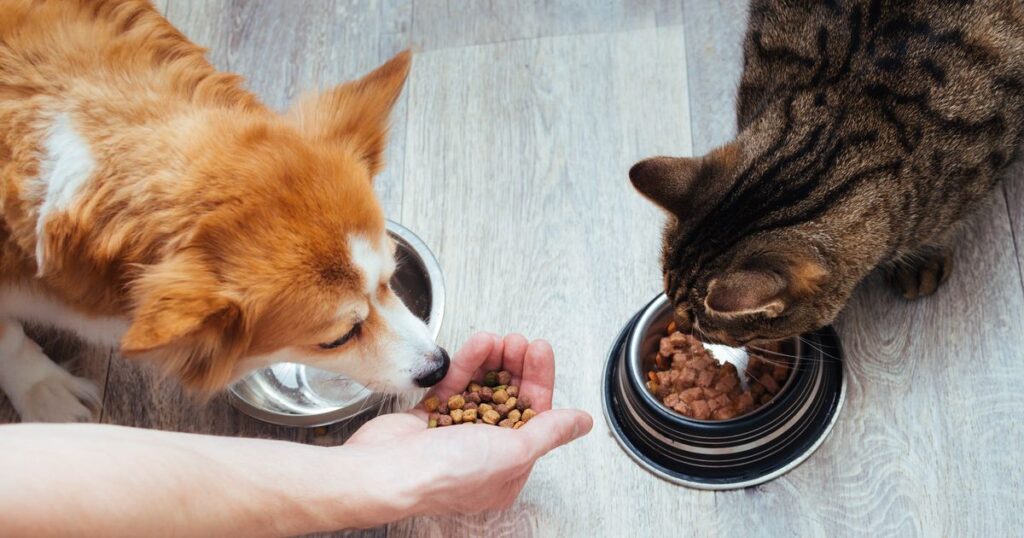
When it comes to our canine companions, many human foods can be tempting but potentially harmful. Vienna sausages fall squarely into this category. These little sausages are packed with ingredients that can cause various health issues for dogs, both in the short and long term.
One of the primary concerns is the high sodium content in Vienna sausages. Dogs, like humans, need some salt in their diet, but the amount in these processed meats far exceeds what’s healthy for them. Excessive sodium intake can lead to increased thirst, urination, and in severe cases, sodium ion poisoning. This condition can cause vomiting, diarrhea, and even seizures in extreme cases.
What’s in Vienna Sausages?
To understand why Vienna sausages aren’t suitable for our pets, let’s break down what’s actually in them. These small sausages typically contain a mixture of mechanically separated chicken, beef, or pork, along with water, salt, and various preservatives and additives.
Here’s a table showing the typical nutritional content of a 2-ounce serving of Vienna sausages:
| Nutrient | Amount |
| Calories | 180 |
| Total Fat | 16g |
| Saturated Fat | 6g |
| Cholesterol | 30mg |
| Sodium | 790mg |
| Protein | 7g |
Fat
The high fat content in Vienna sausages is a major concern for pet health. While fats are an essential part of a balanced diet for cats and dogs, the type and amount found in these processed meats can be problematic. Excessive fat intake can lead to obesity, which in turn increases the risk of various health issues like diabetes, joint problems, and heart disease.
Toxic Ingredients
Many Vienna sausages contain ingredients that can be toxic to pets. For instance, garlic and onion powder are common flavor enhancers in these products, but they can cause damage to a dog’s red blood cells, potentially leading to anemia. Some brands also use artificial sweeteners like xylitol, which is extremely toxic to dogs and can cause rapid blood sugar drops and liver failure.
Sodium Nitrite
Sodium nitrite is a common preservative in Vienna sausages and other processed meats. While it helps prevent bacterial growth and adds that characteristic pink color, it can be harmful to pets in large quantities. In dogs, high levels of nitrites can lead to methemoglobinemia, a condition where the blood can’t effectively carry oxygen throughout the body.
What Kind of Snacks Can Dogs Eat?
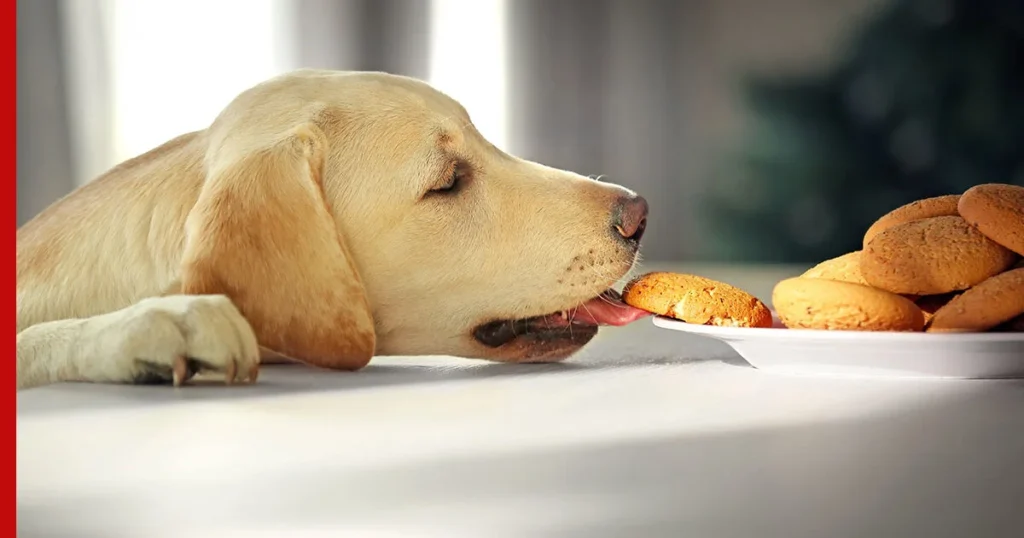
Instead of reaching for Vienna sausages, there are plenty of safe and healthy alternatives you can offer your canine companions. Fresh fruits and vegetables like apple slices (without seeds), carrots, and green beans make excellent low-calorie treats. For protein-rich options, small pieces of cooked, unseasoned chicken or turkey are great choices.
Remember, treats should make up no more than 10% of your dog’s daily calorie intake. Always introduce new foods gradually and in small amounts to avoid digestive upset. If you’re unsure about a particular food, it’s best to consult with your veterinarian before adding it to your dog’s diet.
Is Whipped Cream Safe for Cats?
While we’re on the topic of human foods and pets, let’s address another common question: can cats have whipped cream? Much like Vienna sausages for dogs, whipped cream isn’t an ideal treat for our feline friends. Cats are lactose intolerant, meaning they lack the enzyme necessary to properly digest milk products.
Feeding whipped cream to cats can lead to digestive issues such as diarrhea, vomiting, and stomach discomfort. Additionally, the high sugar content in whipped cream isn’t beneficial for cats and can contribute to obesity and dental problems if consumed regularly.
Potential Risks of Feeding Whipped Cream to Cats
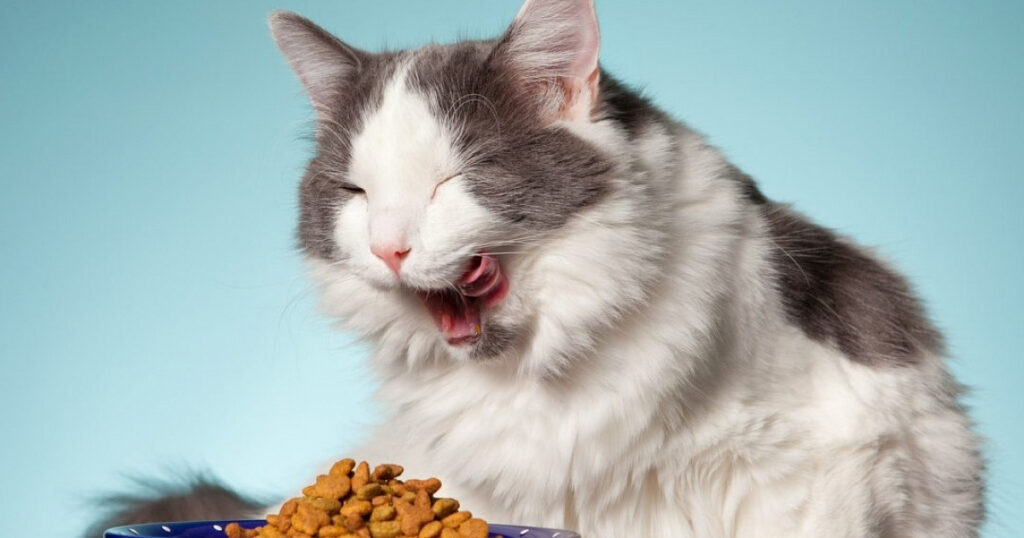
When it comes to feeding whipped cream to cats, the risks outweigh any potential benefits. Cats are obligate carnivores, which means their bodies are designed to derive nutrition primarily from meat. Their digestive systems aren’t equipped to handle dairy products like whipped cream, which can lead to several health issues.
Lactose intolerance in cats can cause symptoms such as bloating, gas, and diarrhea. Over time, regular consumption of dairy products like whipped cream can lead to more serious health problems, including pancreatitis and obesity. It’s best to stick to cat-specific treats that are formulated to meet their nutritional needs.
Nutritional Benefits:
When it comes to Vienna sausages, there are unfortunately very few nutritional benefits for cats and dogs. These processed meats are high in calories and fat but low in essential nutrients that our pets need. The protein content, while present, isn’t of the high quality that cats and dogs require for optimal health.
In contrast, a balanced dog food or cat food is specifically formulated to provide all the nutrients your pet needs in the right proportions. These include high-quality proteins, essential fatty acids, vitamins, and minerals. Any potential benefits from Vienna sausages are far outweighed by the potential risks they pose to your pet’s health.
Potential Risks
Feeding Vienna sausages to your pets can lead to a range of health risks, both immediate and long-term. In the short term, the high salt content can cause excessive thirst and urination. Some pets may experience digestive issues like vomiting or diarrhea. Over time, regular consumption of these high-fat, high-sodium snacks can contribute to more serious conditions.
Long-term risks include obesity, which can lead to a host of other health problems including diabetes, joint issues, and heart disease. The high sodium content can put strain on your pet’s kidneys and potentially lead to kidney damage. Additionally, the preservatives and additives in Vienna sausages may contribute to inflammatory conditions and other chronic health issues in pets.
Key Takeaway
The key takeaway here is clear: Vienna sausages are not a suitable treat for cats and dogs. While they might seem like a convenient snack to share, the potential risks far outweigh any momentary pleasure your pet might derive from them. It’s always better to stick to pet-specific treats or safe human foods that have been approved by your veterinarian.
Remember, as pet owners, we’re responsible for our furry friends’ health and wellbeing. Making informed choices about their diet is a crucial part of that responsibility. When in doubt, always consult with your vet before introducing any new foods to your pet’s diet.
Dos and Don’ts
When it comes to feeding your pets, there are some important dos and don’ts to keep in mind. DO stick to a balanced, species-appropriate diet for your pet. This means high-quality dog food for dogs and cat food for cats. DO offer safe, pet-friendly treats in moderation. These can include small pieces of cooked, unseasoned meat or pet-specific treats recommended by your vet.
DON’T feed your pets Vienna sausages or other processed human foods high in salt, fat, and preservatives. DON’T assume that all human foods are safe for pets – many common ingredients can be toxic to cats and dogs. DON’T forget to account for treats in your pet’s daily calorie intake – overfeeding can lead to obesity and related health issues.
Safe Preparation Methods
If you absolutely must share a tiny bit of Vienna sausage with your pet (though it’s not recommended), there are ways to minimize the risks. First, rinse the sausage thoroughly to remove some of the excess salt. Cut it into very small pieces to prevent choking and limit the amount. Remember, this should be an extremely rare occurrence, not a regular treat.
A better approach is to prepare pet-safe treats at home. You can make simple dog treats using ingredients like pumpkin, peanut butter (xylitol-free), and whole wheat flour. For cats, small pieces of cooked chicken or fish make excellent treats. Always introduce new foods gradually and in small amounts to avoid digestive upset.
Suitable Quantities:
When it comes to treats like Vienna sausages, the suitable quantity for pets is none. These processed meats are simply too high in salt, fat, and preservatives to be a healthy option for cats and dogs. Instead, focus on appropriate portion sizes of pet-specific treats or safe human foods recommended by your vet.
As a general rule, treats should make up no more than 10% of your pet’s daily calorie intake. For a medium-sized dog, this might mean 20-30 calories worth of treats per day. For cats, it’s even less. Always adjust your pet’s regular meals to account for any treats given to prevent overfeeding and weight gain.
Creative Vienna Sausages Treats
Instead of actual Vienna sausages, why not get creative with pet-safe alternatives that mimic the appeal of these tiny sausages? For dogs, you can make homemade sausage-shaped treats using ground turkey or chicken mixed with a bit of pumpkin puree and oat flour. Shape them into small logs and bake until firm.
For cats, try rolling small pieces of cooked chicken in a sprinkle of nutritional yeast. This gives a savory flavor that many cats love. Remember, any homemade treats should be given in moderation and as part of a balanced diet. Always consult with your veterinarian before introducing new foods to your pet’s diet, especially if your pet has any health conditions or dietary restrictions.
Conclusion
In conclusion, while it might be tempting to share your snacks with your pets, the potential risks associated with feeding them Vienna sausages far outweigh any dietary advantages. Always choose safer, healthier options for your canine companions and feline friends.
FAQs
Can cats and dogs eat Vienna sausages?
No, Vienna sausages contain high sodium and harmful additives that can lead to serious health issues for both cats and dogs.
Why are Vienna sausages bad for pets?
They are high in sodium, fat, and preservatives, which can cause problems like kidney damage, heart disease, and digestive issues.
Are there any benefits to feeding Vienna sausages to pets?
While they contain some protein, the health risks of high sodium and toxic ingredients outweigh any benefits.
What snacks are safe for dogs instead of Vienna sausages?
Dogs can safely eat natural snacks like carrots, apples, and plain boiled chicken, which are low in fat and high in nutrients.
Can I give my cat Vienna sausages as a treat?
It’s best to avoid it altogether, as the excessive sodium and toxic ingredients can harm your cat’s health.
Read More :
- Can Dogs Eat Colby Jack Cheese
- Can Cats Eat Catnip Leaves
- Can Cats Eat Tofu
- Can Dogs Eat Kimchi
- Can Cats Eat Cake
- Can Dogs Eat Chicharrones
- how long are cats pregnant

Emerson is an expert in the world of pets, specializing in understanding diverse breeds, nutrition, and health. His deep knowledge ensures your pets receive the best care, from balanced diets to top-notch health advice, keeping them at their happiest and healthiest.
